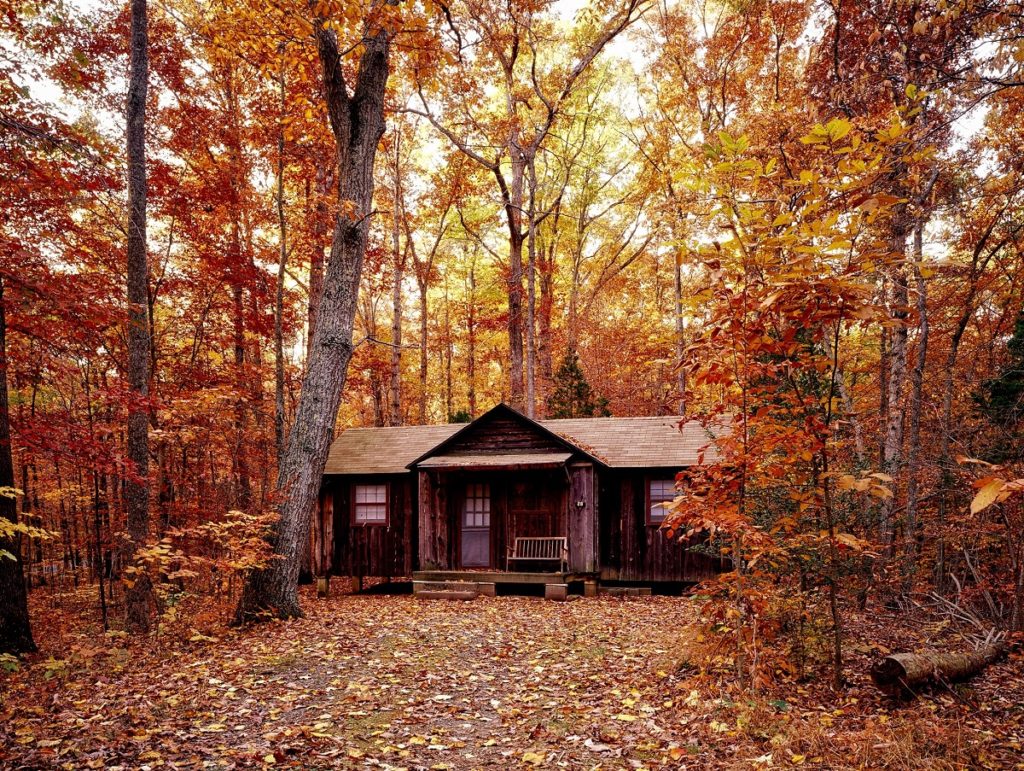Living in a cabin certainly is an amazing choice, not just for your lifestyle but for your health too. For some, it’s a way to economic and financial freedom, while others prefer it to just get closer to nature and help the environment heal. However, if you’re opting for off-grid cabin living, the number of benefits increases, but so are the challenges.
From achieving a more independent lifestyle to completely reducing your carbon footprint, off-grid living is definitely a fantastic decision. But this lifestyle also means that you need to learn how to produce your own food, become more aware of your impact on the environment, and learn how to obtain your basic utilities such as clean and potable water. Curious about what off-grid water systems you can use? Check out our list below.
1. Well water
If your cabin is near a drilled well, you can easily hook up a supply line to set up an off-grid power system. To be able to push the water into your cabin’s tank, you’ll need to outfit the well using a submersible pump. On the other hand, if there are no drilled well, you can acquire a well drilling service to dug one. Find a reliable well digger to ensure you’ll get your money’s worth. Once the well is drilled and starts to fill up with water, you’ll need to set up a pump for your everyday supply.
Buying or making a traditional manual well pump might be a bit more expensive, but it offers a higher degree of flowing water. If you opt for something more affordable and are not bothered with a lower degree of flowing water, a well dipper is your best option.
2. Rainwater
The next sustainable option is setting up a rainwater collection system in your off-grid cabin. This option is a great way of promoting water conservation. But as of now, this isn’t the best option for a permanent long-term water source. If you plan to use the collected rainwater as drinking water, you will need to conduct extensive research.
To do this safely, many off-grid homes install a purification system for cleaning the collected rainwater and make it potable. Furthermore, make sure to invest in rain barrels that can withstand harsh weather conditions and regularly clean out the gutters.

3. Pond
Another great water source for off-grid cabin living is a pond. Ponds are typically used as an emergency water supply both for human and animal consumption. If your cabin is near a pond and you’re looking to use it as a primary source of water for your family, be sure to invest in a high-standard filtration system. The best part is that you can also choose to create your own pond if you don’t have one nearby. Many homeowners also use the pond as additional support for electricity generation primarily run by a nearby creek.
4. Streams
The great thing about a stream or creek is that it stays wet for most of the year. The most popular and affordable method to collect water from a stream is to set up a compact submersible pump. You can use the power from a portable generator to operate it in case you need to. To avoid the pump from sucking in dirt and debris, place it inside a bucket that offers a free flow of water. This can make your water gathering process faster and prevent the pump from getting clogged.
If your cabin is located on rugger terrain or uphill, it might be a challenge. If this is the case, you’ll need to invest in a more powerful pump to push the water up to your storage tank. And since creek water is constantly running, it’s much clearer compared to collected rainwater or pond water.
5. Lake water
This is a great option if your cabin is near a lake and you have an off-grid power set up. Basically, you’ll require a jet pump and a huge diameter pipe to move the water into your house. This works like a well or a submersible pump. But before hooking up your system to the near lake, most locations will require homeowners to get a permit. If you are also planning to use the lake water for drinking, invest in a quality filter and a chlorine-based or UV purification system to eliminate debris and harmful microorganisms.
Finding the best water source is one of the top things you should plan for when living off-grid in a cabin. Use this guide to find out the best off-grid water system for your lifestyle and achieve financial freedom and sustainable living. If you’re not experienced in setting up any of these systems, work with professionals for proper installation.

